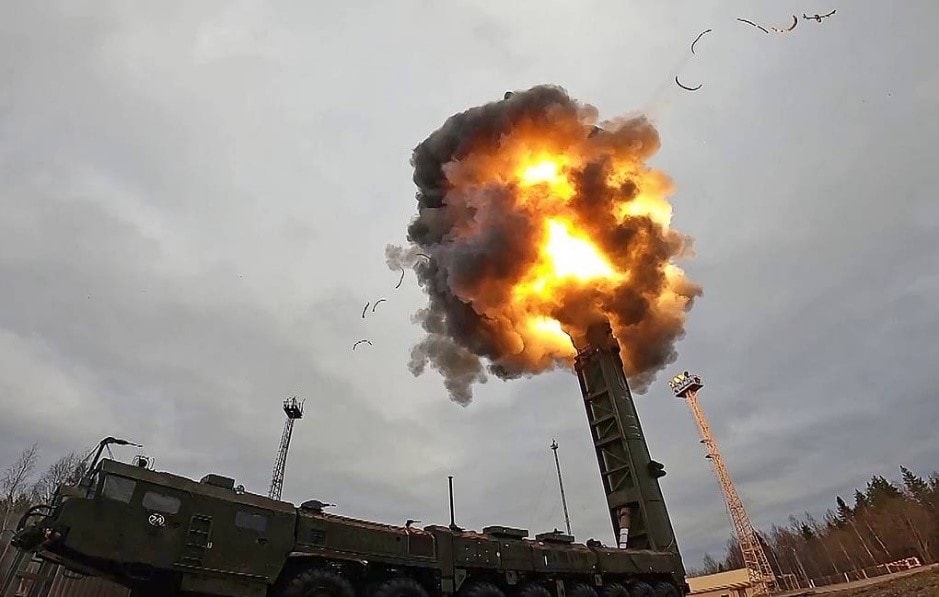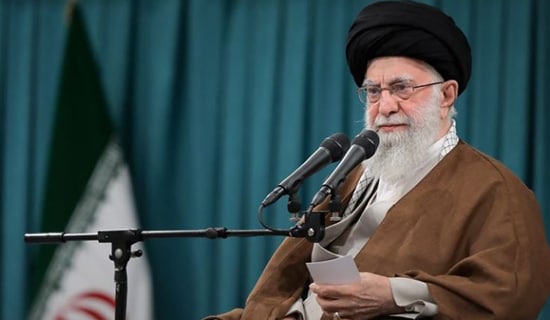In an article, senior Pakistani journalist Malik Siraj Akbar analyzed the Baluchi movement for independence from Pakistan, arguing that Pakistan's state institutions are supporting the pro-Taliban groups and eliminating progressive forces in Baluchistan province.
Akbar, who is the Baluchistan bureau chief of Lahore-based Daily Times newspaper, pointed out that in its bid to crush the Baluchi independence movement, Pakistan is not only using American weapons against the Baluchis, but is also supporting non-Baluchi refugees so as to create demographic imbalance in Baluchistan.
Following are some excerpts from the article, entitled "A Home-grown Conflict:" [1]
"Baluchi Youth Have Removed the Pakistani Flag from Schools and Colleges… Punjabi Officers Refuse to Serve in Baluchistan, Fearing They Will Be Targeted"
"When the first Baluchi insurgency broke out in 1948, to resist the illegal and forceful annexation of the Baluchi-populated autonomous Kalat state with Pakistan, Manmohan Singh - today Indian prime minister - was barely a teenager, while his Pakistani counterpart Yousuf Raza Gilani had not even been born to witness the rebellion's magnitude. Yet, last month, both leaders in Sharm El-Sheikh discussed for the first time the indefatigable Baluchi insurgency.
"Pakistan has been blaming India for causing trouble in its resource-rich province. Gilani broached the issue with India at a time when disgruntled Baluchi youth have removed the Pakistani flag from schools and colleges and stopped playing the national anthem. Punjabi officers refuse to serve in Baluchistan, fearing they will be targeted and killed.
"Islamabad attributes the unrest to 'foreign involvement.' India is not the first to be blamed. Similar allegations were levelled in the past against the now defunct Soviet Union, Afghanistan, and Iraq, to discredit the indigenous movement for retaining a distinct Baluchi identity. [The idea of] Indian assistance sounds ridiculous, given that the Baluchis do not share a border, common language, religion or history with India. Hardly one percent of Baluchis have visited India."
"Islamabad Has Applied a Multipronged Approach to Dealing With Baluchistan… First, It Kept the Province Economically Backward"
"The idea of Pakistan never attracted the secular Baluchis. Ghose Baksh Bizanjo, a Baluchi leader, said in 1947: 'It is not necessary that by virtue of our being Muslims we should lose our freedom... If the mere fact that we are Muslims requires us to join Pakistan, then [why shouldn't] Afghanistan and Iran... also amalgamate with Pakistan.'
"Over the years, Islamabad has applied a multipronged approach to dealing with Baluchistan. Apart from military operations launched in 1948, 1958, 1962, 1973, and 2002 to quash the rebellion, Islamabad adopted other tactics. First, it kept the province economically backward by denying it good infrastructure, mainly in education and health. Natural gas was discovered in Baluchistan in 1951 and supplied to Punjab's industrial units. The Baluchis barely benefit from their own gas.
"Second, Baluchis, whom the state views as traitors, were denied representation in the army, foreign services, federal departments, profitable corporations, Pakistan International Airlines, customs, railways and other key institutions.
"Third, Baluchistan has historically been remote-controlled from Islamabad. A Pakistan army corps commander, often a Punjabi or a Pathan, and the inspector general of the Frontier Corps, a federal paramilitary force with less than two percent Baluchi representation, exert more power than the province's elected chief minister. The intelligence agencies devise election plans and decide who has to come to the provincial parliament and who should be ousted."
"Islamabad Has Created a State of Terror Inside Baluchistan"
"Fourth, Islamabad has created a state of terror inside Baluchistan. Hundreds of checkposts have been established to harass people and restrict their movement. Forces and tanks are stationed even on campuses of universities.
"Fifth, national and international media are denied access to conflict zones in Baluchistan. Several foreign journalists were beaten up, supposedly by intelligence agencies personnel, or deported when they endeavored to report the actual situation.
"Sixth, international human rights organizations are denied access to trace the whereabouts of some 5,000 'missing persons.' Pakistan is also in a state of denial about the existence of around 200,000 internally displaced persons in Baluchistan.
"Seventh, Islamabad has been engaged in systematic target killing of key Baluchi democratic leaders. Ex-governor and chief minister of Baluchistan, Nawab Akbar Bugti, 79, became a victim [of army operation] once he demanded Baluchis' rights. Balach Marri, a Baluchistan Legislative Assembly member, was killed to undermine the movement. In April this year, three other prominent leaders were whisked away by security forces and subsequently killed."
"Pakistan Has Pitted Radical Taliban against Secular and Democratic Baluchi Forces… Promot[ing]Religious Radicalization'
"Eighth, Pakistan has pitted radical Taliban against secular and democratic Baluchi forces. The state is brazenly funding thousands of religious schools across the province, with the help of Arab countries, to promote religious radicalization.
"Elements supportive of the Taliban were covertly helped by state institutions to contest and win general elections. They now enjoy sizeable representation in the Baluchistan Assembly to legislate against the nationalists and secular forces."
"Islamabad has Been Using Sophisticated American Weapons - Provided to Crush the Taliban - Against the Baluchi People"
"Ninth, Islamabad has been using sophisticated American weapons, provided to crush Taliban, against the Baluchi people. This has provided breathing space to Taliban hidden in Quetta and weeded out progressive elements.
"Finally, Afghan refugees are being sponsored, in order to create demographic imbalance in the Baluchi-dominated province.
"Baluchi leaders are critical of many democratic countries for not doing 'enough' to safeguard a democratic, secular Baluch people. I asked Bramdagh Bugti, a Baluch commander, about the India link. He laughed and said, 'Would our people live amid such miserable conditions if we enjoyed support from India? We are an oppressed people... seeking help from India, the United States, the United Nations and the European Union to come for our rescue."'
"The Baluchi Movement is Rapidly Trickling Down from Tribal Chiefs to Educated Middle-Class Youth"
"The Baluchi movement is rapidly trickling down from tribal chiefs to educated middle-class youth, who are aggressively propagating their cause on Facebook and YouTube. This generation would understandably welcome foreign assistance, but will not give up even if denied help from countries like India.
"The Baluchis insist their struggle has never stopped, even at times when India and Pakistan enjoyed cordial relations."
Endnote:
[1] www.timesofindia.com, India, August 11, 2009. The article was republished on the author's blog gmcmissing.wordpress.com. It has been slightly edited for clarity.








